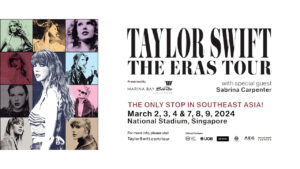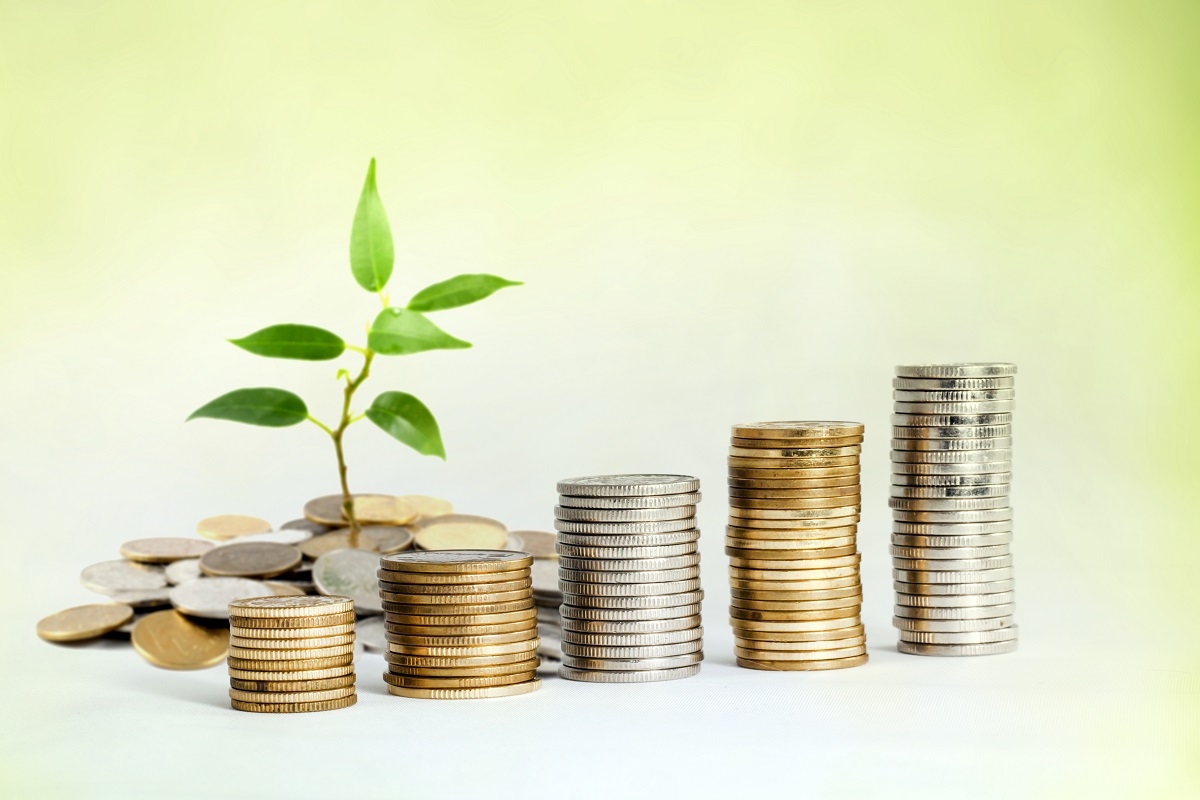Taylor Swift is helping Singapore ditch its dull reputation

IT IS the thing every mother of a teenage girl dreads. Taylor Swift is coming to your city — and you don’t have tickets. I scoured high and low for what has become a precious commodity in Singapore these days, without success: They’d all been snapped up in a buying frenzy for The Eras Tour last year. The going rate on the resale market is anywhere between S$3,000 ($2,253) to above S$5,000. Luxury VIP packages can go up to S$50,000. You would think with six shows — in a stadium that holds 55,000 in a city of under 6 million people — that it would be possible to get a couple of tickets. Surely not every 13-year-old is attending the event?
But that’s precisely the point. Swift’s performances are attracting thousands to Singapore, including fans from Southeast Asia and beyond. It’s not just the Queen of Pop. From Coldplay to Seinfeld to Ed Sheeran and even the Broadway musical Hamilton, it feels like every major act is coming to the Lion City in the post-COVID era. Visitors are thronging to these events, so much so that locals, irate at having lost out on tickets, have proposed that sales should be prioritized for citizens. The entertainment industry is gearing up for a bumper year. Tourist arrivals are also recovering, reaching about 80% of pre-pandemic levels.
The concerts have revitalized its reputation, according to Lau Kong Cheen, associate professor at the Singapore University of Social Sciences. “It makes us look like a modern, open-minded, and vibrant place,” he told me. “It’s creating an image that is inviting to entertainment acts from all over the world, resonating with people of all walks of life.”
This was not always the case. In 2018, the island was voted one of the least exciting cities in the world in a Time Out City Life Index, and pronounced the worst rated for culture. Not to be cowed, the Singapore Tourism Board hit back with a smart and sarcastic video that showcased highlights of the island. This month, another blow to its reputation came via a slight from a Malaysian actor, who recommended that visitors not spend more than two to three nights because it is “man-made” and “too boring.” That rankled local netizens, eventually forcing an apology from the offending party.
The truth is Singapore has always struggled with a dull reputation compared to its more grungy and authentic neighbors like Jakarta and Bangkok in Southeast Asia. Long hair was banned in the 1970s under a scheme called Operation Snip Snip, which meant bands like Led Zeppelin had to cancel their gigs because they weren’t allowed to enter without getting a haircut. It is often described as safe and stable — worthy virtues when trying to attract investment flows, not so much when you’re trying to have a bit of fun.
But Singapore is on its way to becoming Asia’s capital of cool, by design if not through any organic means. The government’s build-it-and-they-will-come approach, often scornfully dismissed for being too manufactured, has in large parts worked. The process started more than a decade ago, with the return of Formula 1, and the introduction of casinos, both at the time huge shakeups to its staid image. The gamble has paid off. Casinos brought in a record $649 million in the second quarter of last year, and F1 regularly attracts thousands of visitors and famous musical acts annually, making that weekend in September a key event on the global entertainment calendar.
It has also entered the cinematic zeitgeist, with the global success of films like Crazy Rich Asians showcasing some of the city-state’s most beautiful attractions. It’s now being name dropped in popular series like Succession, as a cooler destination to host a party than even New York.
So is it, as the Financial Times proclaimed earlier this year, finally cool? Not so fast, says Vijay Singh, a local producer and music artist who also goes by the name Swtlkr. “While we may have progressed on bringing in a lot of commercial artists, what is sorely missing is the support that develops culture,” he told me. “What’s happening now doesn’t benefit local artists or musicians.”
Indeed, there is still much work to be done on Singapore’s journey to coolness. It doesn’t have Tokyo’s cultural relevance, or Seoul’s booming film and music industry. Still, there is much to celebrate, particularly given the options that are now available. The plethora of choices also makes the pain of not getting Taylor Swift tickets far more bearable. Looks like it will be Hamilton for us instead. — Bloomberg Opinion




